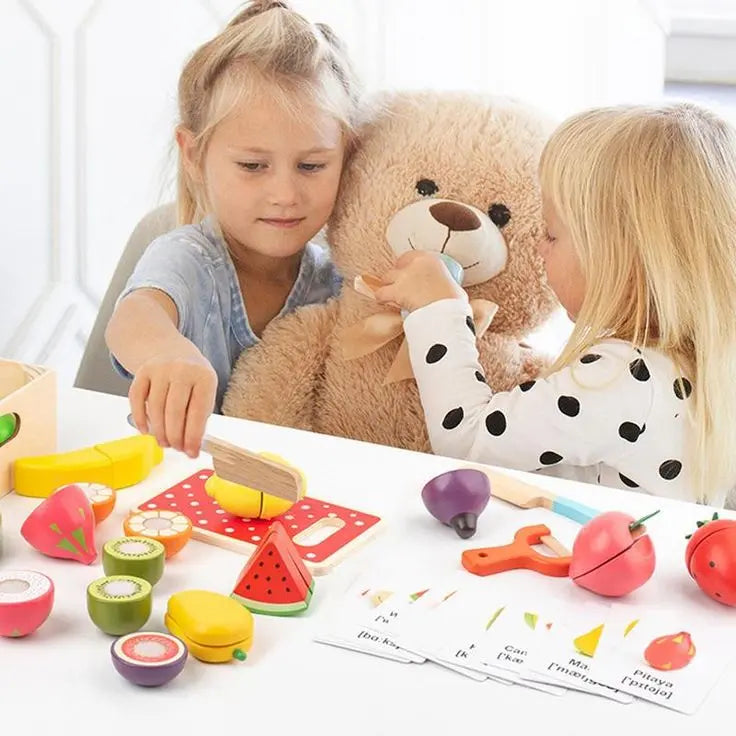
How Imaginative Play in Children Supports Their Development?
Share
Imaginative Play in Children: The Power of Pretend Play
Imaginative play in children isn’t just about entertainment—it’s a critical part of healthy development. When your toddler pretends to be a doctor, a chef, or a teacher, they’re doing more than playing. They’re building real-life skills that support their social, cognitive, and emotional growth.
Parents often search for “Why is pretend play important for child development?” The answer lies in how children learn best—through exploration, storytelling, and role-play. Whether they’re acting out stories with soft toys or using craft kits to create imaginary worlds, every moment of imaginative play nurtures their development in meaningful ways.
How Imaginative Play Supports Learning and Growth
Many parents ask, “What are the benefits of imaginative play in children?” Here are some key developmental areas it boosts:
✅ Cognitive Development – Enhances memory, sequencing, and problem-solving
✅ Emotional Expression – Offers a safe space to explore emotions and scenarios
✅ Language Skills – Expands vocabulary, speech, and storytelling ability
✅ Social Understanding – Encourages empathy, sharing, and teamwork
By introducing pretend play early, you're helping your child understand the world, communicate better, and think creatively.
Top Toys to Encourage Imaginative Play
🥦 Preschool Vegetable Plush Set
This soft and colourful set encourages little ones to role-play as mini chefs or market vendors. Children can “cook,” “shop,” or “feed” their stuffed animals while learning about healthy foods. It promotes storytelling, pretend cooking, and cooperative play—all while boosting vocabulary and social skills.
🍰 Counting Ice Cream Cones Set
With vibrant scoops and stackable cones, this toy turns math into a make-believe ice cream shop. Kids love pretending to take orders, serve customers, and count scoops—making it a great mix of imaginative and educational play.
🍡 Rainbow Popsicle Colour Matching Game
Perfect for role-playing ice cream stalls or colour parties, this toy supports creativity and matching skills. Toddlers love pretending to be vendors or party hosts while learning colours and improving fine motor skills.
Looking for more play-based activities? Check out our blog on Sensory Play and Early Childhood Development to see how sensory experiences enhance learning.
Why Pretend Play Helps Reduce Screen Time
In a screen-heavy world, pretend play becomes an easy, natural way to encourage screen-free time. Children get fully immersed in storytelling, dressing up, or role-playing, which builds focus and independence—without relying on digital devices.
Parents searching for “how to reduce screen time for toddlers” can start by offering more open-ended toys that inspire pretend play and allow children to take the lead in their own creative stories.
Final Thoughts
Imaginative play in children builds more than stories—it builds skills for life. From empathy and problem-solving to confidence and communication, pretend play offers powerful developmental benefits wrapped in fun.
✨ Explore GiGeeGaGaa’s screen-free educational toys that spark creativity and foster growth—because every imaginative story your child tells brings them one step closer to who they’re becoming.

1 comment
se7h29